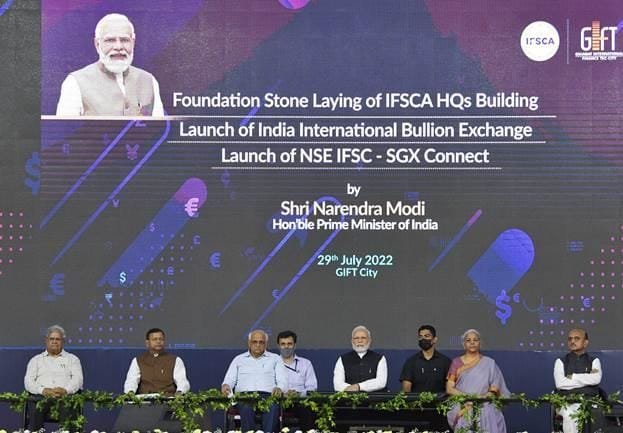Implement reforms for economy to regenerate, say Rai
India needs to take urgent steps to prepare a roadmap for sustainable reforms for its banks which are showing signs of weak financial health, according to Vinod Rai, a former Comptroller and Auditor General of India.
“The earlier these reforms are implemented, the faster the economy will be able to regenerate,” he wrote in a paper at the Institute of South Asian Studies (ISAS).
Rai cautioned that any lack of confidence of a depositor in a bank is bound to erode the trust that the depositor would have in placing his savings in the bank.
“This can have very deleterious effects, as the common man does not understand the complexities of banking,” said Rai, now a Distinguished Visiting Research Fellow at ISAS.
“He (the depositor) merely wants his money to be safe in the bank – the bank and the RBI must, consequently, provide that confidence to him,” said Rai in a paper reviewing the Indian banking sector in the paper “One more bank in India has gone belly up”.
The reform package rolled out in recent years by the Reserve Bank of India and government has been appreciated. It has been fairly swift and well structured.
The action notwithstanding, the entire episode raises issues of failures in good governance, audit, board and regulator supervision and the cosy nexus between the promoter and those agencies mandated to ensure probity and transparency in the dealings of the bank.
“The time is ripe to introduce a stringent package of reforms that should ensure deep-rooted correctives in bank administration, supervision and audit,” Rai exerts.
History speaks of so many instances where countries or institutions that converted a crisis into an opportunity to reform have taken the path to prosperity.
On the contrary, countries or institutions that kept taking short-term and ad hoc measures, hoping to implement widespread reforms at a later date, never got to doing so and hence spent all their time lurching from one crisis to another, he pointed out.
India has had a significant number of problems in the financial sector.
The first were the public sector banks. Then, it had the private sector banks, followed by non-banking financial companies, Infrastructure Leasing & Financial Services (ILFS) and Dewan Housing Finance Corporation Ltd (DHFL).
“And now we also have Jet Airways,” he added.
“So, it is not the financial sector alone. Should we wait for the crisis to hit other sectors before we decide to take the bull by its horns and undertake large-scale reforms?”
The maladies are the same in all sectors: poor corporate governance, inadequate Board-level supervision, the nexus between promoters, auditors, politicians, bureaucrats and bankers, lackadaisical regulatory supervision and, above all, poor standards of business transparency and probity.
Irrespective of the business or industry, the very same issues come to the fore every time there is a corporate crisis.
India was shocked when Satyam happened, Rai pointed out in the paper issued 21 Mar 2020.
In 2015, Byrraju Ramalinga Raju, chairman of one of India’s leading computer companies, Satyam, was convicted of manipulating the company’s accounts to the tune of Rs.14,162 crore.
But it was then shirked away as ‘a one-off’ incident.
Now it seems to be becoming a routine affair. Scams make headlines. Short-term solutions are rolled out. Band-aid treatment is provided, and the issue is soon forgotten, probably because another scam has already hit the headlines.
The systemic or core issues leading to a scam do not appear to have been targeted and, hence, the recurrence, he pointed out.
The scale and magnitude of the failures that have surfaced are serious and time is opportune to put in motion a well-structured and widely pervading reform package.
It will hit the entrenched hard. It may even upset their cosy business networks; but unless the cancer is exorcised now, Indians may have to forget about of seeing their country become an economic superpower and achieve economic prosperity. fiinews.com








